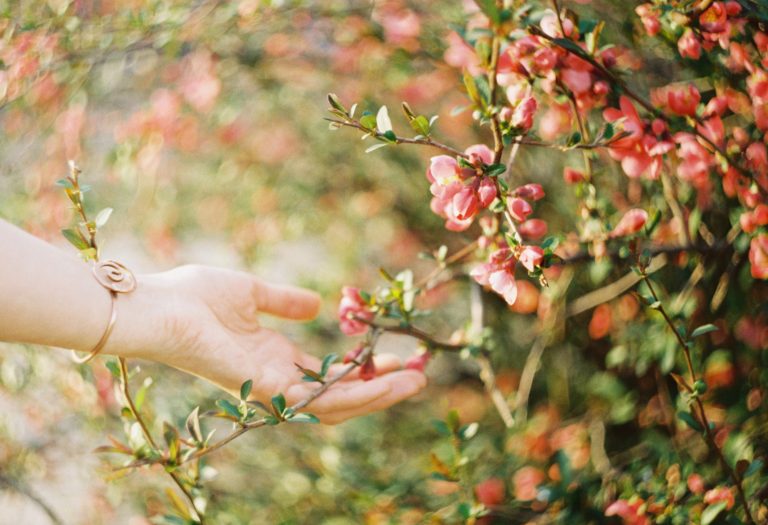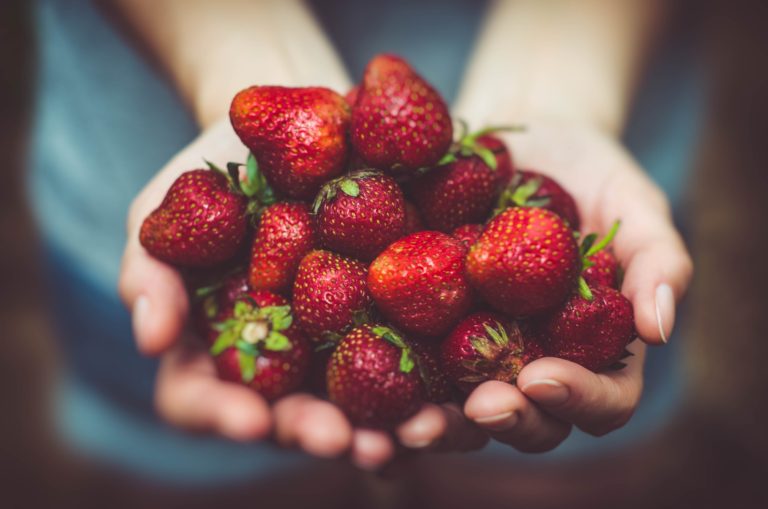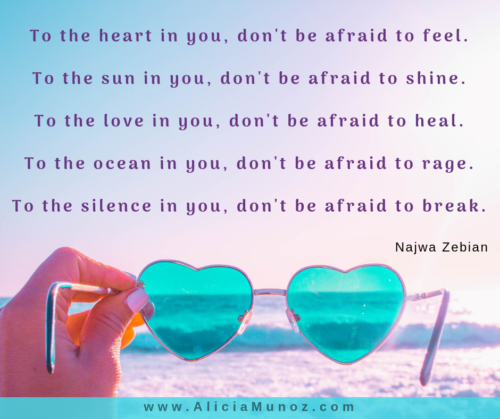
Over the past few months, I’ve been working on a book that integrates what I’ve learned from more than a decade of helping couples. It’s unfolded with the support of friends and colleagues and in collaboration with my editor, but the first step was recognizing that this was something I could do. I had to give myself permission to succeed at something I’d always wanted to do–since I was a seven-year-old girl writing novellas–but never quite managed.
When You Give Up On Your Desires, You Deprive the World of Your Gifts

Up until recently, I would have laughed if anyone had told me I’d be signing a book deal and publishing a book about creating sustainable love relationships in 2018. Then last year, Regena Thomashauer reminded me and an auditorium packed to the gills with women at an event called The Experience that when we give up on our desires, we diminish ourselves and deprive those in our lives—and the world at large—of the best we have to offer.
The reason I’d given up on my desire to write a book was because I’d tried to do it many times before and failed. I knew I couldn’t do it. Or so I thought. In reality, I was stuck in my identity as a tryer-who-fails at writing books. In fact all the times I’d tried hadn’t been failures; they’d been practice.
Our deepest desires are very hard to extinguish. In one form or another, they’re always calling us back onto the path of our potential.
What We Desire Also Desires Us

I’d approached the process of writing a book the same way I’d approached so many other things in my life: alone, holed up in a room, grinding away at a keyboard. But our desires aren’t sustained by discipline and determination alone. They need joy and community to grow.
We need to connect to the heart of our desires, to open up to others’ support, and to offer our gifts up to the world from a place of pleasure, service, and vulnerability.
What I’ve learned in this book-writing process is that our desires, fed by pleasure, within a web of other’s support, are weirdly inevitable. If it weren’t so magical, it would be unsettling. Our desires truly do want us as much as we want them.
You Need A Supportive Community of Desire-Nurturers
The catch is, every part of the desire algorithm is important. Here’s a down-and-dirty breakdown of the process:
Step One: Deeply desire the thing you desire.
Step Two: Feed your desire by taking pleasure in it and by letting the pleasure you take in desiring your desire feed you back.

Step Three: Cultivate a passionate community—small or large—of pleasure-feeders and desire-nurturers around you, supporting you, cheering you on, hearing you out, celebrating you and your journey, and keeping you on track when you fall back into your old identity as a tryer-who-fails.
Step Four: Remember what the French say, Vive la Résistance! Don’t let your resistance stop you. Embrace it!
“I can’t do that,” “I’m a private person,” “I’m too shy,” “I don’t connect well with groups of people.” There may be many rationales for why you don’t think you can step out or take your desires seriously.
Distance and silence may feel much better to you—safer and more dignified—than what happens when you risk visibility, share authentically, and make publicly visible mistakes. It’s how many of us were raised: look nice, don’t draw too much attention to yourself, and be quiet.
Looking nice, hanging back and being quiet is fine, depending on the situation. But there’s also a time and place for living your life front and center, out loud. There’s a time for stepping out of your comfort zone.
Sharing the Fruits of Our Desires Can Inspire Others

When we don’t share the fruits of our desires—the amazing things that happen to us in our lives, the things we’re proud of and take the most pleasure in—we don’t inspire others, we don’t inspire ourselves, and worst of all, our hearts can begin to shut down and get defended. We contract. Too much contraction, and too little expansion, hems us in.

What tryer-who-fails identity do you need to let go of?
What desire do you need to feed and take pleasure in? Has it shown up in your body as a painful longing you’ve been trying to ignore?
Can you bring more curiosity to this longing by “giving it a voice,” journaling about it, or talking to a trusted friend about what this longing might need from you in order to feel nurtured and honored?
How can you cultivate your desires, with pleasure, in a supportive community?







